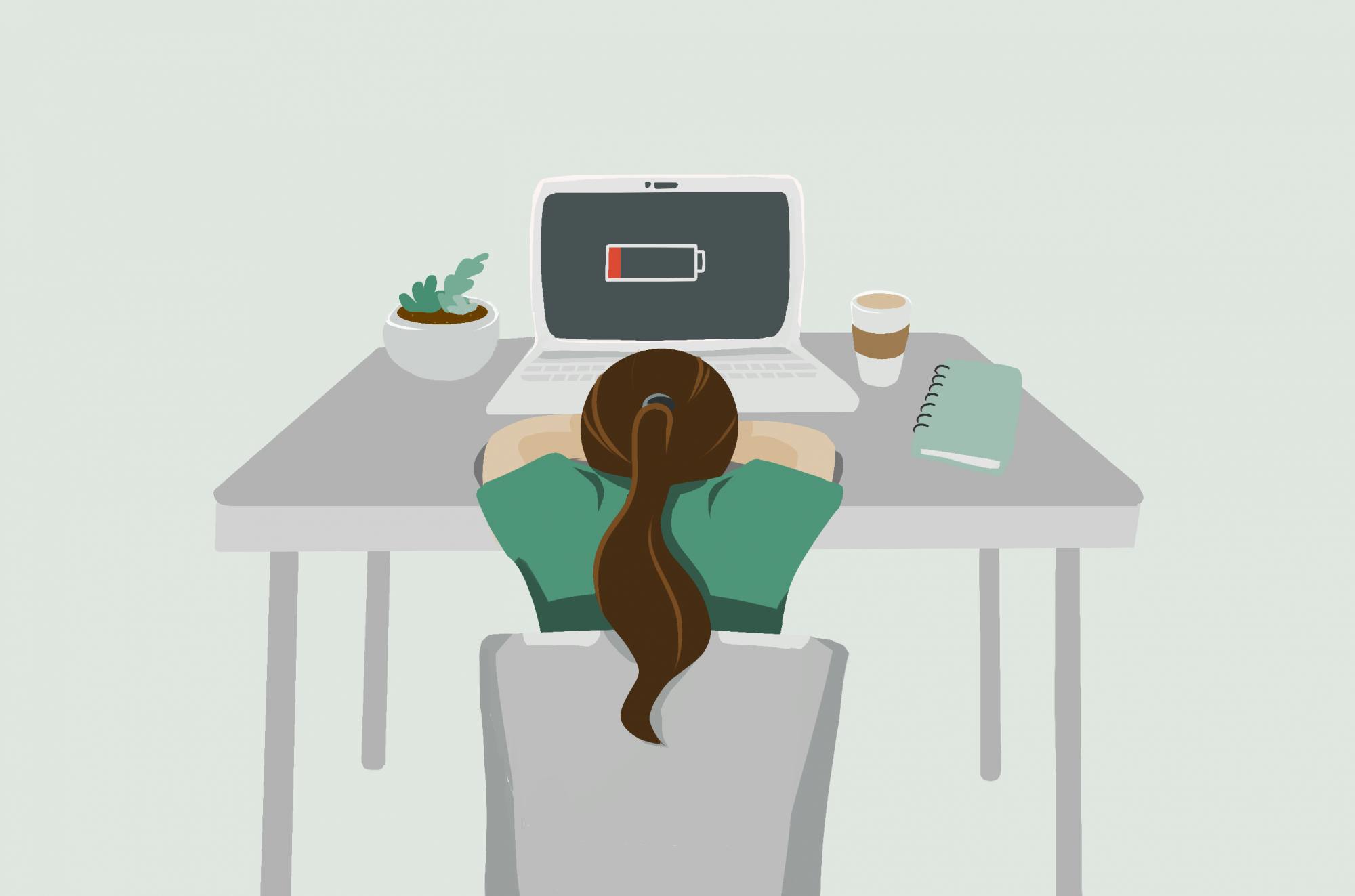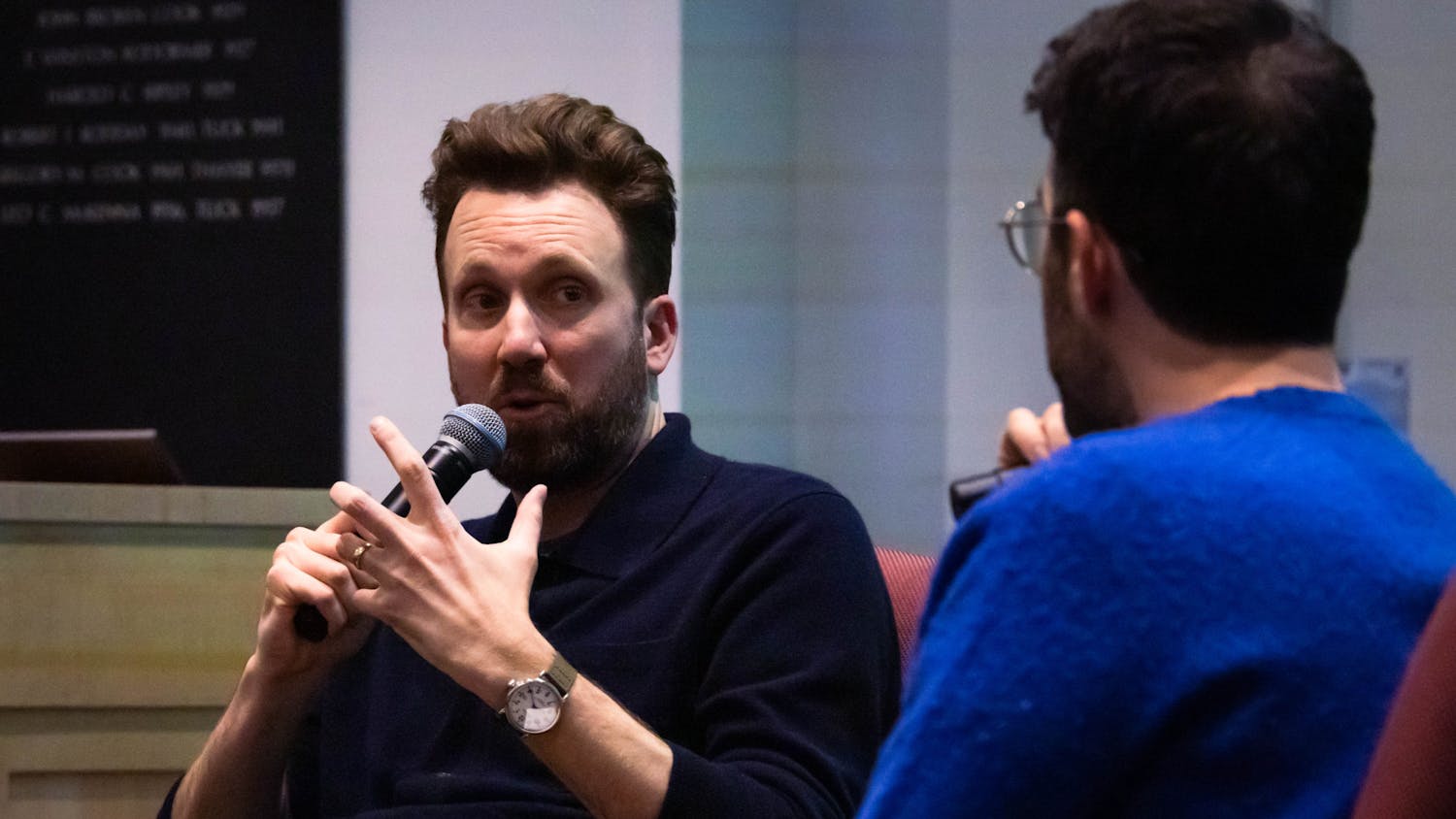I’ve never been great at time management. Like many people, I lie in bed at the end of the day thinking about what I could have done better — more efficiently — and running through the list of tasks I have yet to accomplish. Dartmouth’s quarter system puts an incredible amount of pressure on the limited amount of time in a day, squeezing one semester’s worth of the usual college timeline — lecture material, parties, laundry loads — into only ten weeks. I tend to miss the mark on time management, feeling like I’m losing touch with friendships or hobbies in the face of pressure to do it all.
Coming into this summer term, I was hoping to fight the usual anxieties that come as a result of mismanaged time during weeks one through four. With the right intention, I felt like it was possible to spend my time doing exactly what I wanted to do, and to not commit to anything that felt like an obligation (outside of my existing obligations – lectures, on-campus jobs, the ever-growing piles of dirty clothes). I wanted to participate more in my Greek house’s activities and to spend more time with my friends.
Just as I had resolved to become the epitome of productivity this summer, I came down with the usual upper respiratory virus in the middle of our second week on campus. It started as a sore throat, which morphed into a Strep scare. The morning I was supposed to complete the fifty-mile bike ride in the Prouty, I ended up in the urgent care center. A few days later, with worsening symptoms, I sat under bright fluorescents at Dick’s House, willing myself to stare straight into the office lighting as a nurse took vials of my blood to test for Mono.
After the first day of blood work, I came home from Dick’s House and laid down for a classic college student ritual: the power nap. Waking up six hours later, having slept through classes, a Zoom meeting and lunch plans, I couldn’t shake the feeling that I would never in my life get enough sleep. The fatigue that had been creeping up on me all morning had become an ever-present part of my days, and I couldn’t exactly keep track of when I started to feel so tired.
Part of my uncertainty stemmed from the fact that I had always been somewhat sleep-deprived, so it wasn’t exactly surprising that I felt tired. Who among us can say that they get the recommended amount of sleep a night? Who feels ready to jump out of bed on a Thursday morning and conquer their 10A? When have I ever woken up without the desire for just a few snooze cycles?
Two weeks later, results from the lab showed that I had shown chronic deficiencies of iron — a condition known as anemia. The disorder means that your red blood cells are not able to produce enough hemoglobin, a protein which transports oxygen to your organs. Essentially, anemia means your organs and tissues cease to function as they should. Standing up means blacking out for a few seconds, completely losing sight of your surroundings and feeling like a set of ringed knuckles are grinding down on your skull. Severe stomach aches and pains are normal, as the iron supplements taken to level out the blood’s iron content are brutal on the small intestine. More than anything though, what gets to me about the disorder is the exhaustion.
What I used to accomplish in just a few hours, I can no longer do without a few hours of sleeping in between. Waking up, going to the gym, having breakfast and going to an appointment saps all my energy. Friends with the disorder warn me of days that they have spent completely immobile, weakened to the point of being bedridden. The other day, after going back to Dick’s House for more blood work, I left the appointment intending to bike to the library but ended up lying on the pavement outside of the entrance instead, unable to stand up for a few minutes.
Given that so many Dartmouth students crave just a few more hours in the day, I’m embarrassed that I can’t even make use of my full day. My formerly colorful Google Calendar, the only constant in weeks of back-to-back-to-back-to-back obligations, is full of white space now — time spent in bed recuperating from basic daily tasks. The free fall into making no plans — for fear of not having enough energy to go about them — makes me feel like a hermit, completely unplugged from the flow of campus life. I haven’t gone out in weeks and my sorority’s social calendar seems more like a tack-on to the list of things I won’t be able to do.
My New Age parents tell me that I am taking care of myself, that I need to listen to my body and do breathing exercises for the pain. It’s hard advice to take when so much of the better judgment here seems to go against that — work hard, play hard, sleep when you’re dead! We talk of self-care mostly in a joking manner, self-care being the third game of pong you say yes to on a Wednesday night knowing you have a midterm the next day, or self-care being skipping class to nurse a hangover. Moving away from this neoliberal definition to understanding self-care as an individual responsibility to oneself is not that easy in practice.
Turns out, self-care doesn’t mean making sure that everyone is fond of your “self,” and instead means making sure that there is enough of your “self” to even give to anyone around you. I wouldn’t wish a chronic condition on anyone, and I know that I’ve got the best of it with a condition that can be treated with diet and supplements. It’s not easy to unlearn the idea that self-care means waking up early to go to the gym, and instead it could mean eating more because my body is literally shutting down its functions in the absence of enough of the right food.
I think there is a lesson here, though, in what I am learning for my “self.” We don’t need to be giving everything our all every hour, day and night. The summer will come and go in a blur just like every other term, but that doesn’t mean we need to give in to the impulse to do it all, to refuse to give up anything. Maybe being completely present in the few meals you share with others is enough, rather than having so many scheduled social interactions that they become social obligations. It’s hard to approach the time we have with present-minded intention when everything down to the parties that we go to are written out in a prescribed schedule released days before, but maybe learning when to say no is a fight worth fighting.
You may ask: Where is the joy in doing nothing at all? When we clear our schedules of what we feel obligated to do and just say no, we give ourselves room to say yes to what we actually want to do. And not just to say yes, but to say yes affirmatively.




